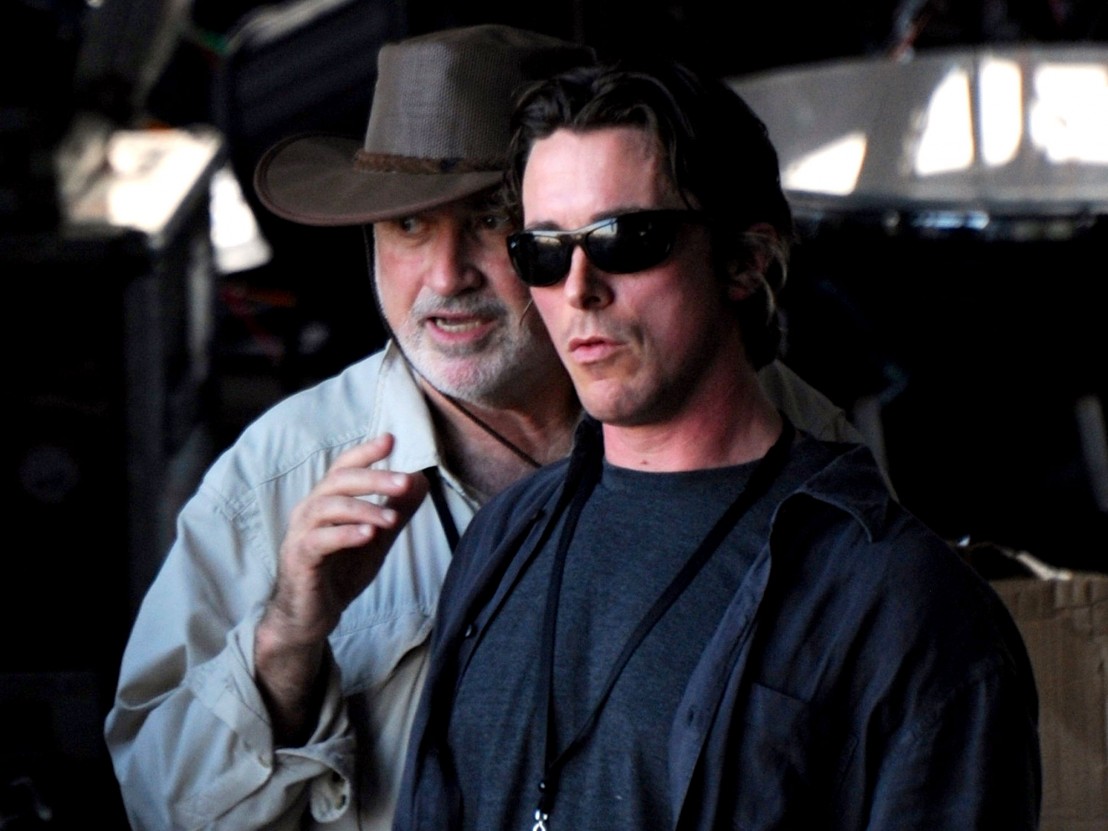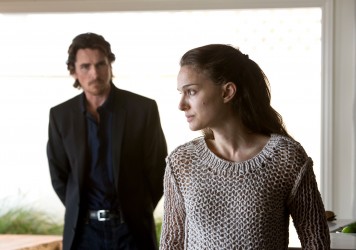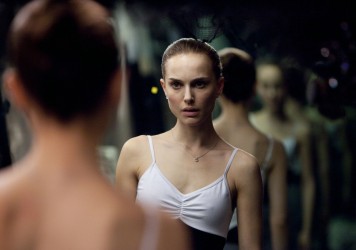
Stories of Terrence Malick’s production methods are the stuff of legend: entire performances axed without cast members knowing until the premiere, whole films re-shaped over years of fine tuning. He is, by all accounts, a true enigma – a director who refuses to do press for his own films and actively avoids public appearances, which makes him rather unique at a time when an increasing number of name talents routinely broadcast themselves.
One person who knows Malick better than many is composer Hanan Townshend, who has worked regularly with the director ever since a chance encounter led to him supporting fellow composer Alexandre Desplat on The Tree of Life. Their collaboration soon developed in to friendship, with Malick recruiting Townshend for both To the Wonder and Knight of Cups.
It’s a journey that has seen Townshend come a long way from humble beginnings growing up on a New Zealand dairy farm. We sat down with Townshend recently for a chat, where he talked candidly about the experience of being plucked from obscurity by one of the world’s most revered filmmakers.
“I came to the University of Texas where I was studying music composition, and my professor sent me an email one day from one of the producers who works with Terry, Nicolas Gonda. The email pretty much said, ‘Hey, we’re looking for a young composer who’s interested in working with an acclaimed director.’ That’s all. I replied to the email and sent some music to the producer and lo and behold it the movie was The Tree of Life.”
“Alexandre did a wonderful job and I really think the score he wrote was beautiful. Terry has a tonne of ideas and is very experimental in his post-production process and loves to take the time to explore a variety of different things. I came on board to help him explore some ideas that maybe he felt Alexandre didn’t have time to do, or he was doing the main score himself and so he was kind of wanting to do other things. There were a lot of solo piano pieces, arrangements of a lot of Episcopalian hymns and old American songs and stuff. And that kind of started it.”
“I think he likes to have the composer come in a little later in the process and that’s just because, particularly with these recent films since The Tree of Life, the script has been more of a guideline and then the story has been reshaped around the vision of what the story is. With Terry’s films, they’re almost like dreams. There’s this flow that is very different from a conventional narrative-based film, and so usually I’ll come on a little bit later and, at that point, Terry and the editors will have had an opportunity to experiment and try things to see what’s working.”
“Terry will talk about the vision of the music for the film and what it is that he’s really trying to capture. Usually it’s quite abstract. With Knight of Cups, for example, the music was more an embodiment of Christian Bale’s character, Rick, and this struggle that he has trying to find purpose in this life. So often Terry will use a word like ‘peril’– just use a single word or maybe a metaphor to describe musically what he wants to capture. That can be challenging, because as composers we don’t always get given things like that.”
“Usually I’ll send through tracks to the editors and Terry to review and he’ll call me to talk through what’s working and what’s not working. I’m never working with pictures and often Terry will describe it as he’s the builder and I’m giving him the timber and the nails. As a composer, you can’t just come in and start screaming that a piece of music isn’t being used in the scene that you wrote it for. It’s the same thing with the actors. If it doesn’t work for the film, it may very well get cut out. Terry doesn’t mean to offend or hurt anyone’s feelings, but at the end of the day, whatever the project needs or whatever direction the project is going, that’s just part of it.”
“He’ll often tell me when I’m recording with the orchestra to hit record 30 seconds or a minute before they start playing so we have these musical moments where no one’s being told what to do. They might just be rehearsing or just messing around with something and that could become the base of something really interesting. And I know he does the same thing with the actors as well, where he will have the camera rolling before they’ve even started because he’s looking for those moments where they’re truly being real and truly being themselves or they’re not acting. They’re just in the moment and you can just tell. There’s a different look in their eyes. There’s a different sense about them. They’re free. I don’t know exactly how to describe it.”
“Most of the time I feel like he knows more about music than I do. His frame of reference can really vary. With Knight of Cups, he used some music that in the past he might not have used, which is really cool and takes him to a whole different place. Personally though, he doesn’t tend to give me as much popular music – it’s more classical composers, from a variety of different backgrounds and a variety of different time periods.”
“A big part of creating the score for his films is embracing the fact that he’s going to use famous compositions by composers like Grieg, Bach, Kilar… You’ve got to embrace that. So there’s two parts to the score, really. One part is the original material which I write and then the other part is trying to create some continuity between these wonderful classical compositions that Terry uses. Often I will do what we call ‘shadows’, which are kind of fragmented versions of the themes from these famous compositions.”
“I never received a script. I actually thought there wasn’t a script. But I didn’t feel challenged by that at all because I don’t remember reading the script for To the Wonder either. That’s part of Terry’s thing. He’s always trying to look for these moments of authenticity or these moments where it feels like the actors aren’t acting. He’s looking for raw emotion in people and in characters and in the music and the edit and every aspect of the filmmaking process. You’ve just got to open yourself up to it and allow it to be part of the experience.”
Knight of Cups is released in cinemas on Friday 6 May. Hanan Townshend’s soundtrack is available to purchase now via Milan Records.
Published 5 May 2016

Terrence Malick continues to inspire awe with this transcendent tale of a man looking back to past loves.

Wales’ finest son sheds his batsuit to search for God and transcendence in Terrence Malick’s Knight of Cups.

From Black Swan to High-Rise, the British composer reveals how he approaches making music for the movies.